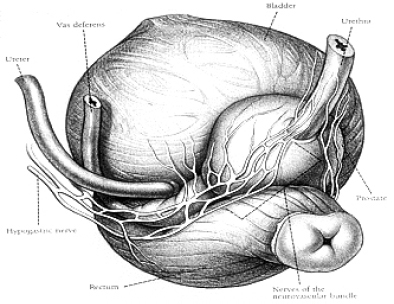CYSTOSCOPY
What is a Cystoscopy?
A Cystoscopy is a telescopic examination of the urethra and bladder performed using a special viewing camera. It is a simple investigation performed as a day procedure.
There are many reasons for performing a cystoscopy on a patient. Some of these may include:
- Difficulty passing urine
- Incontinence
- Recurrent urinary tract infection (UTI)
- Haematuria (blood in the urine)
- Surveillance for bladder tumours

ADDITIONAL INFORMATION
A flexible cystoscope is a small version of a cystoscope that may be performed in an awake patient with local anaesthetic gel. The telescope is flexible and may be manoeuvered around corners by the surgeon. It is a diagnostic tool used for looking in the bladder.
This is a rigid telescope that is only used in anaesthetised patients. The advantage of a rigid cystoscope is that it is wide enough to allow surgical instruments into the bladder to perform procedures such as a bladder biopsy, or removal of a bladder tumour.
- Burning in the urine
- Voiding more frequently than usual
- Mild blood in the urine
This will usually subside after a day or two. If they persist, then you may be experiencing a bladder infection and you should seek medical attention.
The overall complication rate is low, but the possible complications are:
- Urinary tract infection
- Associated symptoms are urinary frequency, difficulty holding back the urine, smelly/cloudy urine and occasionally, fevers.
- Drink lots of water to prevent this.
- In some circumstances, you may be given a course of antibiotics after the test to prevent an infection.
- Persistent bleeding.
- Especially in patients who are on blood thinning medications or those who had more complex procedures done.
- Drink lots of water to treat this.
- If you are passing large blood clots or heavily blood stained urine and/or cannot pass urine, then you should seek medical attention.
- Urinary retention (cannot pass urine)
- Can happen to men with an enlarged prostate.

